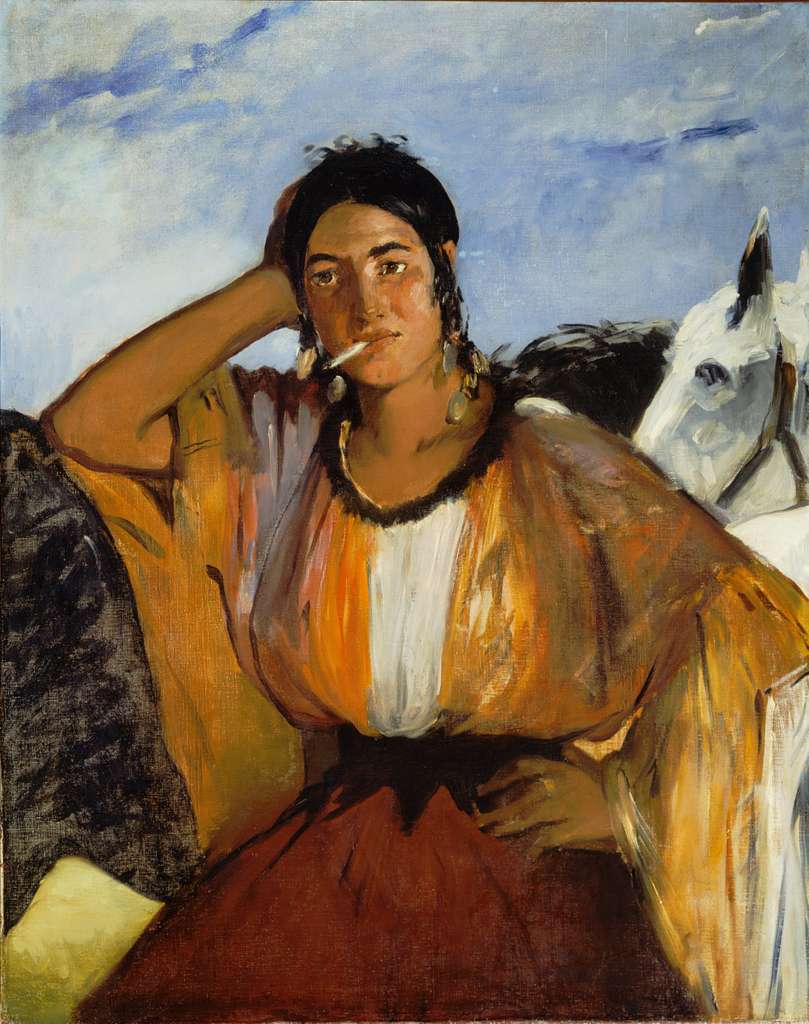News ROMI.HR
/This article explores the early presence of Roma in France from the 15th century, when they were initially welcomed as pilgrims. Their distinct culture led to both privileges and growing suspicion, culminating in discrimination and expulsion. It traces how shifting political and social landscapes shaped Roma experiences, from noble protection to marginalization.
The first documented traces of the Roma presence in France date back to the 15th century. Sometimes protected by local nobles in exchange of their services as merchants, some others rejected due to their original lifestyle. Moving through the history of Roma in France during Middle Ages, Roma differences are sometimes making them gain some privileges and some others being victims of huge discriminations.
In 1418, 14,000 pilgrims, claiming to have come from Little Egypt - today situated between Greece and Albania - arrived with saufs conduits (a kind of currency) from the King of Bohemia in Strasbourg (a historic region of Central Europe). They arrive with gold and horses. They wear costumes with large stripes and blankets tied over their shoulders. They're called "Egyptians" or "Bohemians".
They are welcomed as pilgrims. They tell of having lost their territory, and being punished by their Pope for not defending their land well enough, they must make a pilgrimage. Their pilgrimage is to last 7 years, according to the Pope. But little by little, the pilgrimage is supposed to be over, so they find other means of subsistence.
In the 16th century, paintings by famous painters such as Brugel and Carravagio depict these famous Egyptians. This is a far cry from the ruffled skirts that would later represent the traditional Roma.
Their language is different. They call themselves Manouches (human beings) or Sinto (Indian).
At the time, there was no national army, only duchies and counties. A duchy was a collection of lands and seigneuries to which the title of duke was attached. A county was the duke's vassal, but both possessed military powers.
Thus, there were war companies that hired themselves out, mercenaries or those in charge of horses and all logistics.
Their distinct culture and habits often aroused suspicion and misunderstanding in Europe. However, when they arrived in Europe in the 15th century, not all Roma were not immediately rejected and for half a century some of them enjoyed the favour of local nobles, popes and emperors.
The Journal d'un bourgeois à Paris (The Diary of a bourgeois in Paris), written in 1427, describes the “arrival of hundreds of Egyptians in the French capital” – When the Roma arrived in Europe, they were misinterpreted because of superficial similarities between Roma culture and certain characteristics perceived as Egyptian. For example, Roma were often associated with magic and divination, reinforcing the erroneous stereotype. At the time, Europeans had no clear understanding of the Roma's origins, and thought they came from Egypt.
During the 15th century, Roma people practiced chiromancy (fortune telling) and magic tricks, before which the spectators' purses emptied. Due to this, the group was strongly criticized by the Bishop of Paris (the senior member of the Christian clergy), who asked them to leave, and the chiromancers were excommunicated.
Nomadic groups fell victim to numerous decrees, ranging from simple expulsion to forced sedentarization. In others terms, French authorities often perceived the Roma as undesirable foreigners and issued ordinances restricting their movements. They were subjected to discrimination and persecution, including expulsion from certain regions.
At the end of the 17th century, Louis XIV prohibited private warfare: he issued a declaration of the King's surrender against the Bohemians, which gave them retreat in 1682. As a result, dukes and counts were no longer allowed to have private armies. This left them unemployed.
Reconversion to peddling, trading and seasonal work in all kinds of services.














